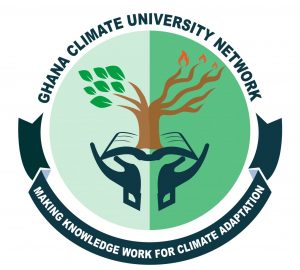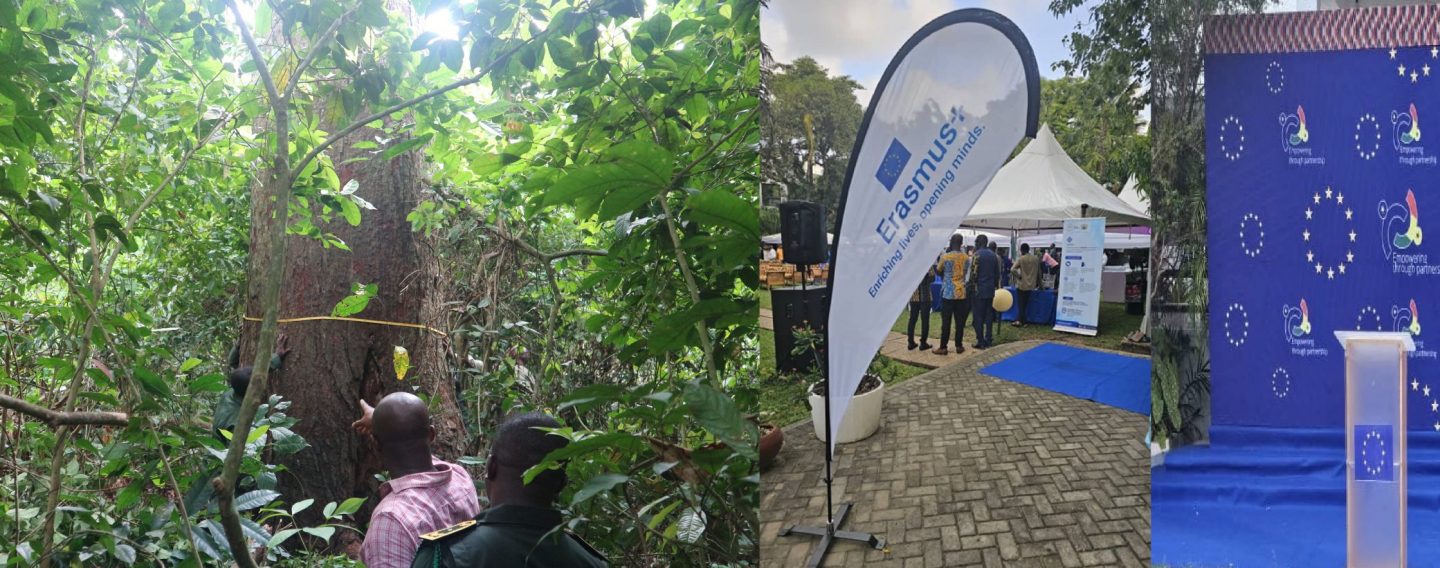Threats of climate change, such as fires, floods or droughts, have pronounced local and regional implications. In climatically and ethnically diverse African countries such as Ghana, these demand local adaptation. Research has shown that local administrations in the Global South and North are not well prepared to take informed communal or regional adaptation measures. Therefore, this proposal will strengthen the teaching on local adaptation to climate change in Ghanaian Universities focusing on land use, agriculture and forestry.
Based on a joint needs analysis, our project addresses three main aspects of higher education: faculty,curriculum and employability. We will strengthen the research and teaching capacity of mainly junior faculty via a mentorship programme with the participating European Universities to increase the collaboration, visibility and scientific output of junior faculty. In addition, we will provide methodological training as well as training in traditional knowledge. In terms of curriculum, we will create a number of new courses that fill current gaps in teaching in Ghana. To maximise the impact of our work, we have designed a program to provide internships. We also select promising startup ideas from students (and recent graduates) to start their own startups.
We take care to have a programme that will be sustainable: we focus on courses that can be offered after the termination of the programme. Training focuses very much on “training the trainers“, i.e., the capacity will remain with the HEI. We will attempt to sustain the support for internships and startups by forging strategic alliances with relevant enterprises.


Funded by the European Union. The views and opinions expressed are those of the author(s) and do not necessarily reflect the position of the European Union or the European Education and Culture Executive Agency (EACEA). Neither the European Union nor the EACEA can be held responsible for these opinions.

